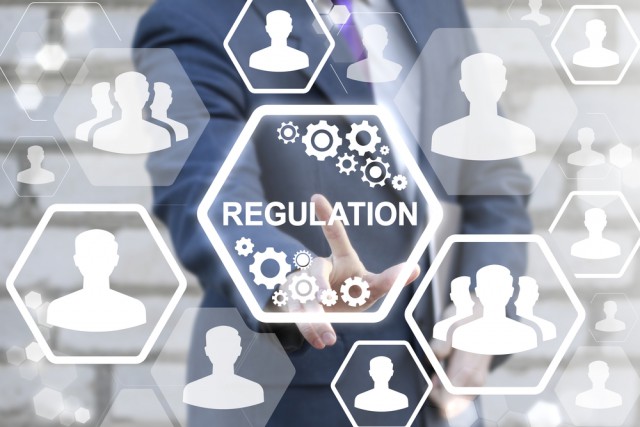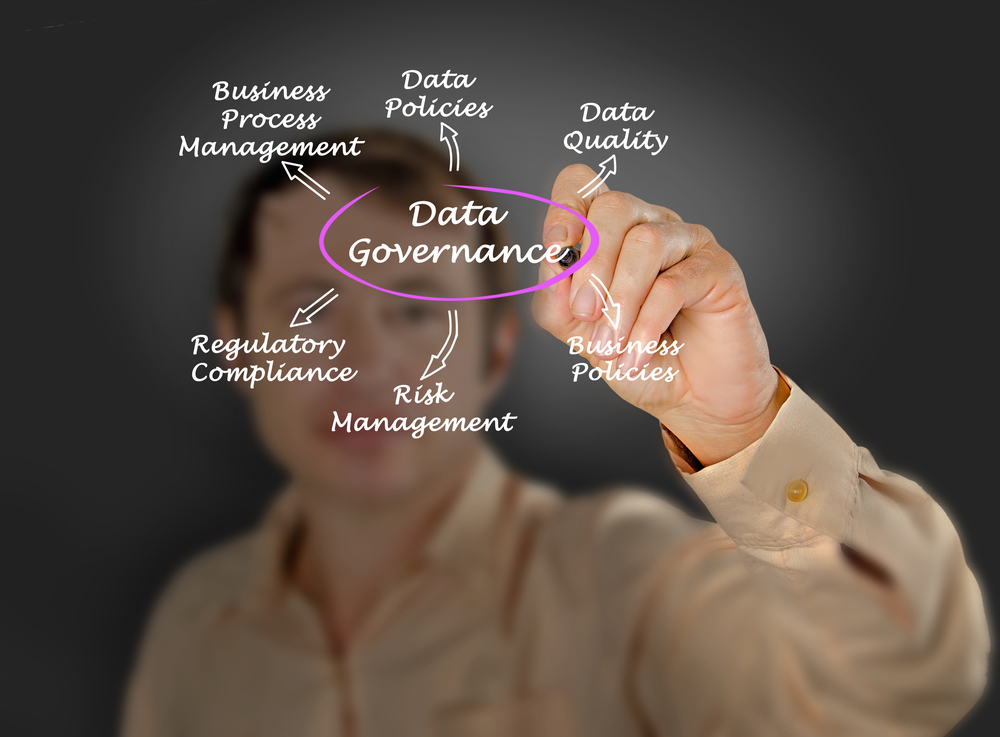
Ninety-five percent of enterprise executives don't trust their data
A mere five percent of enterprise executives have a high level of confidence in their data according to a new study.
The research conducted by HFS Research in conjunction with data management company Syniti also finds nearly half of respondents are significantly under-utilizing their data resources due to the lack of an effective data management strategy.

New platform offers safe, self-service data sharing
In order to get the best value from data it's important that it's accessible to the right people in the business at the time they need it.
Data privacy specialist Privitar is announcing a new data provisioning platform that makes self-service data available safely, at scale, to the people who need it.

Majority of enterprises lack mature data strategy
A new study reveals that 70 percent of enterprises lack a mature data strategy. The study from cloud migration and managed services company 2nd Watch finds only 26 percent have any data strategy at all.
Most organizations recognize the importance of comprehensive data management though with 60 percent of respondents claiming to have an enterprise-wide data catalog.

The future of enterprise search technology [Q&A]
Businesses are gathering more data than ever before, but being able to make effective use of it means being able to find information when you need it.
What challenges does dealing with these ever larger amounts of data present? And how can you be certain that your searches are delivering relevant information and insights to drive your business decisions? We spoke to Stéphane Kirchacker, VP EMEA at search specialist Sinequa to find out.

Businesses need greater understanding of cloud data security responsibility
There's been a major increase in cloud adoption because of COVID-19, but there's also widespread misconception surrounding responsibility for backup and recovery of data in the cloud and a lack of confidence in the security of data held by public cloud service providers.
A new report from Arcserve company StorageCraft shows 47 percent of respondents accelerated adoption of cloud services for data management, 59 percent confirmed increased use of cloud backup services, 56 percent increased the use of the cloud for IT infrastructure (IaaS), and 39 percent increasingly rely on cloud services for data recovery.

Eight out of 10 businesses struggle with data quality
A new survey carried out by Researchscape for data management company Ataccama reveals that 79 percent of executives and 75 percent of line of business users face problems with data quality.
With 78 percent of organizations relying on data more when compared to the year before the pandemic this is a major problem, as using poor quality data in analytics and AI initiatives can lead to misinformed business decisions.

Consumers show more interest in exercising privacy rights
Consumers are exercising their privacy rights -- to access, delete or stop the sale of their data -- under the California Consumer Privacy Act (CCPA) which came into force last year.
A new report from privacy platform DataGrail shows that consumers are increasingly concerned about their personal information and how it's used. It also reveals that the number of data subject requests (DSRs) companies receive varies wildly, depending on their privacy practices.

Pandemic boosts the importance of data privacy
A rapid shift to remote work and the need to make use of individuals' health information has led to greater emphasis on the importance of privacy protections during the pandemic.
The fourth annual Data Privacy Benchmark Study from Cisco, released today, analyzed the responses of 4,400 security and privacy professionals across 25 countries and explores attitudes towards privacy legislation and the emergence of privacy metrics being reported at senior level.

Is your data ready for 2021?
2020 showed all the ways that data protection could go wrong. Ransomware took off on a steady incline throughout the year with record numbers of data theft, corruption, etc. Data sprawl and cloud access to data have also become threats, as many employees moved to remote work and expanded companies’ potentially vulnerable data environments.
Organizations are paying more attention to security and data protection issues while utilizing cloud to better manage and protect their critical data.

Data localization suite helps businesses comply with changing regulations
Nations around the world are introducing new standards and regulations to address data access, protection, and privacy. This means businesses need to evaluate and set data controls at the appropriate level for each place they operate in.
To help with this problem Cloudflare is launching a Data Localization Suite to give businesses the tools to address their data locality, privacy, and compliance needs.

Businesses positive about data governance but still struggle with privacy concerns
According to new research 72 percent of enterprises believe data governance is an enabler of business value rather than a cost center.
However, the study from enterprise search specialist Sinequa also shows that data privacy concerns are ranked as a top barrier to being more data-driven as an organization.

Pandemic leads to increased focus on e-waste
The shift in working patterns prompted by COVID-19 has caused unnecessary short-term investment in technology, which will leave companies at risk with data being stored on a wide range of devices.
This is according to 78 percent of respondents to a new survey from data erasure specialist Blancco Technology Group, which also reveals 47 percent of large global enterprises have created roles responsible for implementing and ensuring compliance with e-waste policies specifically to deal with issues generated from the pandemic.

Businesses are relying more on data to make decisions
According to a new survey of IT decision makers, 73 percent rely on data more to make business decisions and 33 percent believe the value of data has permanently increased since the beginning of the COVID-19 pandemic.
The study from Druva surveyed 700 IT decision makers in the US and UK and underpins the importance of maximizing the value of data as businesses navigate an unprecedented global landscape.

Dealing with the security risks of unstructured data [Q&A]
Businesses are increasingly reliant on data. In the past that's generally been in a structured form but, thanks to increasing amounts of customer information gleaned via the IoT and channels like social media, unstructured data has taken on a new importance.
Yet unstructured data also introduces new risks. AI-based solutions specialist Concentric is launching a new data access governance solution that addresses the challenge of unstructured data security. We spoke to Karthik Krishnan, CEO at Concentric, to find out more.

AI-driven platform helps to remove bias in data
As businesses become more reliant on data, ensuring that it's free of bias is essential to meeting compliance requirements as well as delivering useful insights.
A new AI-driven platform from Synthesized has been designed to understand a wide array of regulatory and legal definitions relating to contextual bias. It can automatically identify bias across data attributes like gender, age, race, religion, sexual orientation, and more.